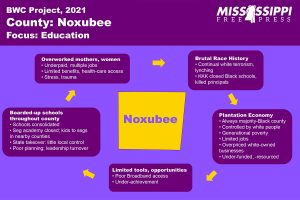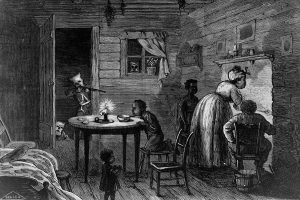
Person of the Day | Jeffery Simmons: Tennessee Titan Giving Back to Home
Mayor Buzz McGuire presented Jeffery Simmons with what the mayor says is believed to be the first key to the city at inaugural Jeffery Simmons Day on July 1, 2023 at the Noxubee Sportsplex.










